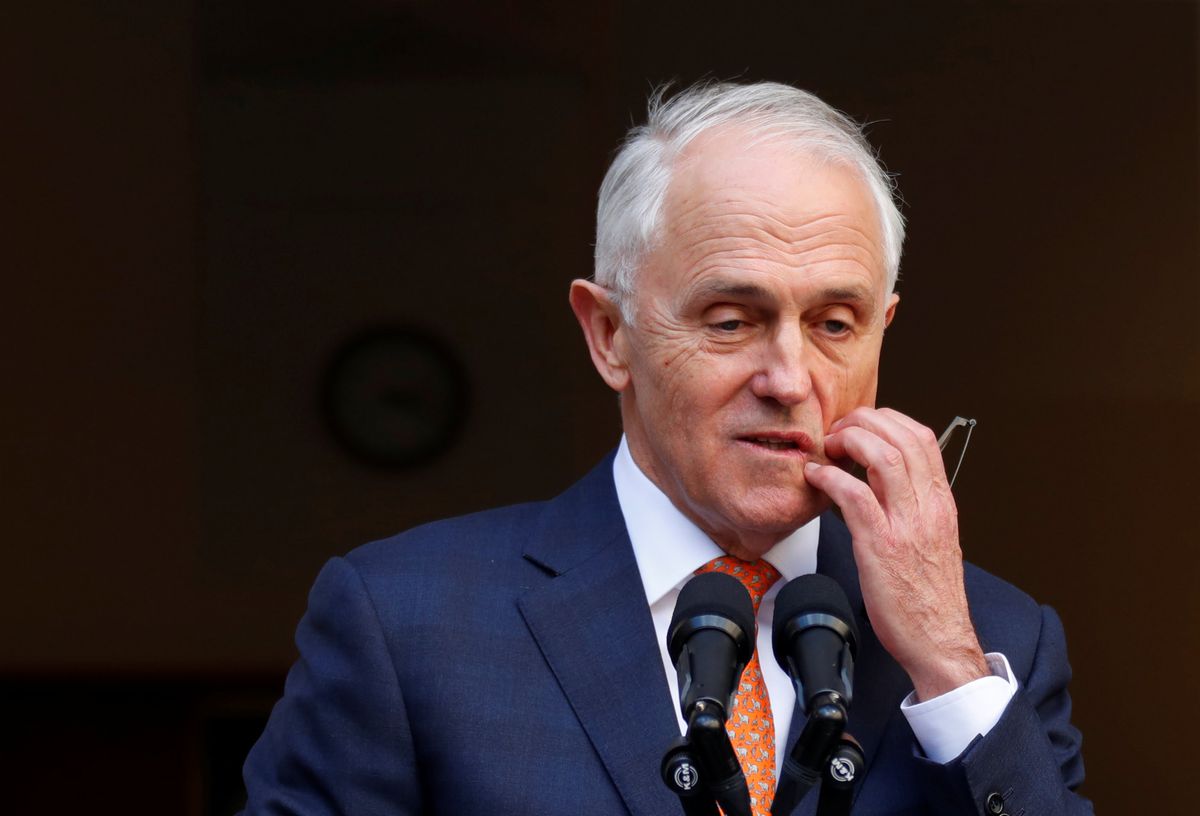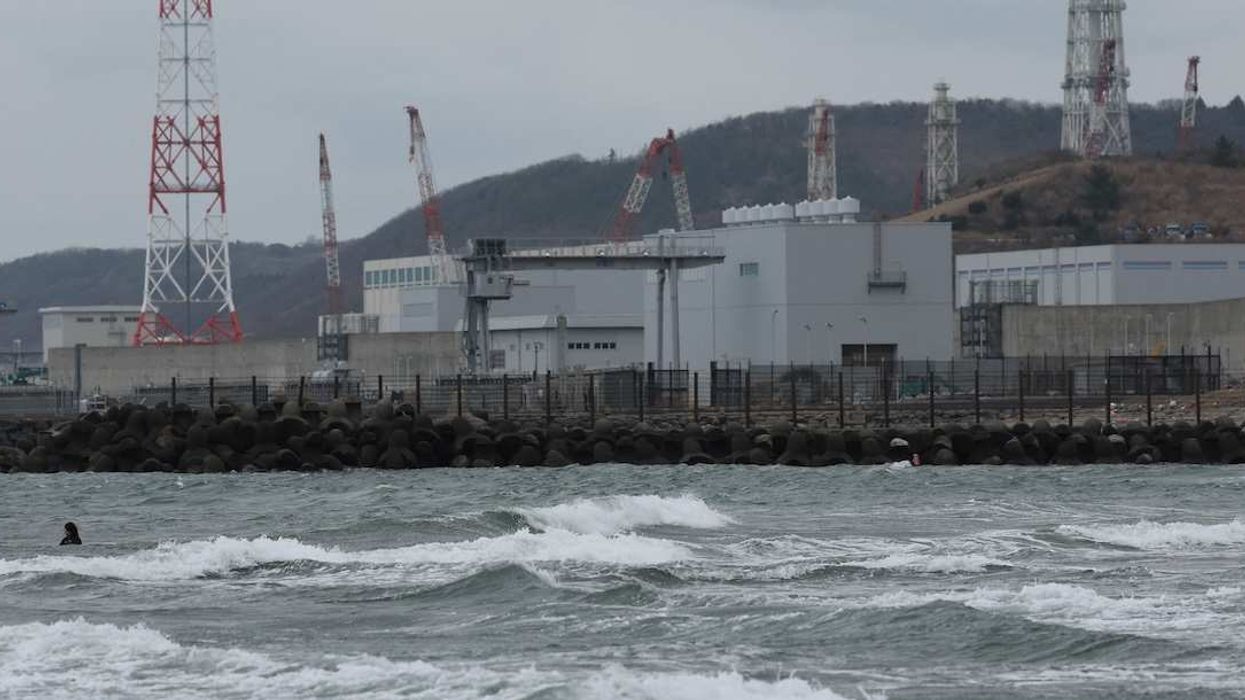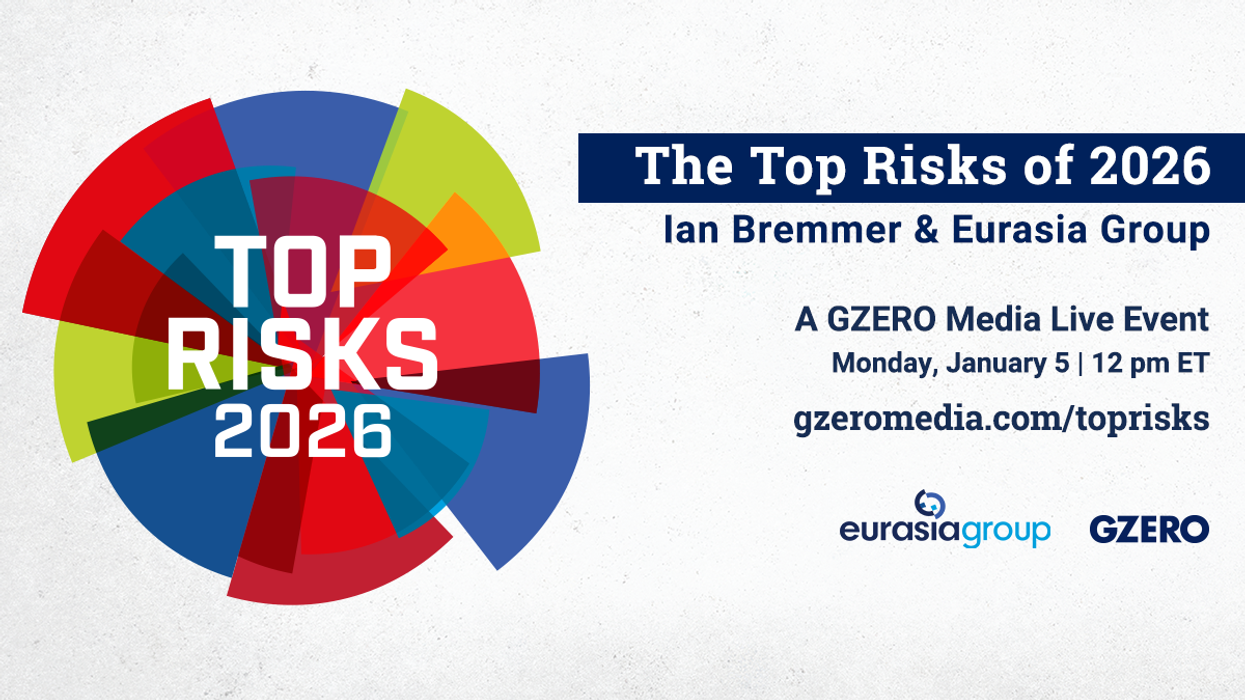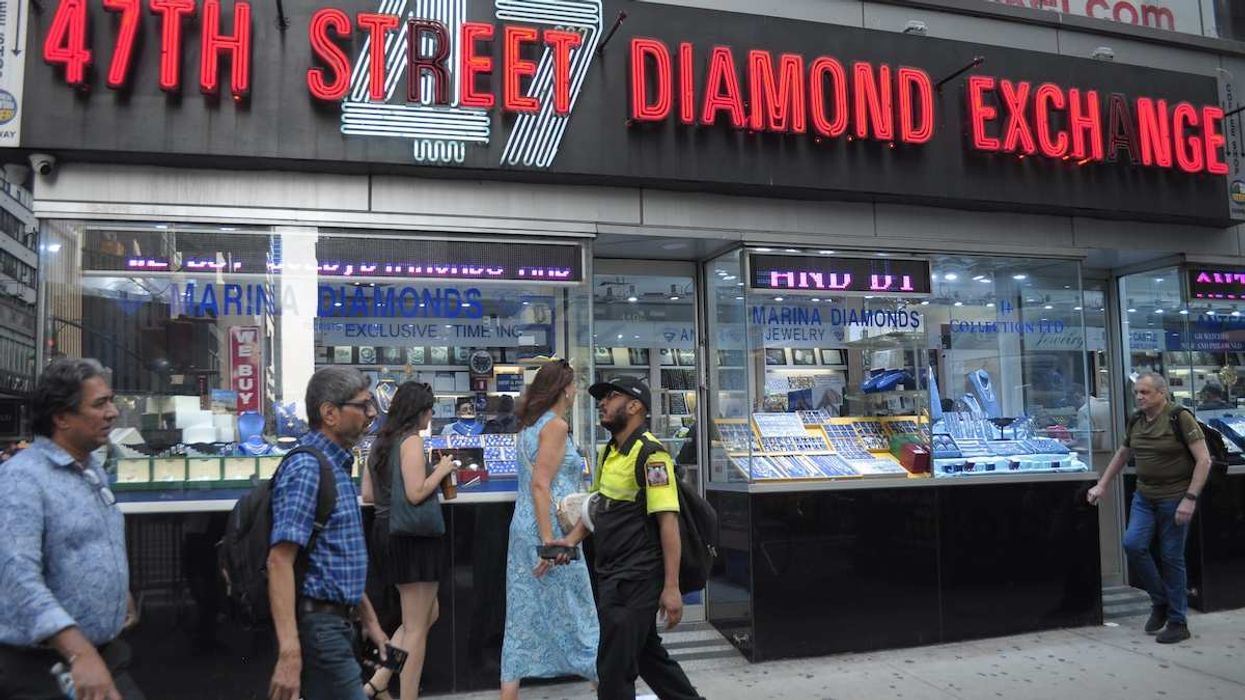As the temperature rose this summer (at least in the Northern Hemisphere) many world leaders started to feel the heat. Here’s a look at five presidents and prime ministers who have seen their approval ratings fall significantly over the past several months.
Vladimir Putin, President of Russia: The world’s shrewdest strongman saw his approval rating plummet 12 points between May and July after his government proposed raising the retirement age and slashing pension benefits. More than 80 percent of Russians opposed the move, prompting the largest one-month polling tailspin in the history of Putin’s tenure. While his current rating of 67 percent is nothing to sneeze at, it’s his lowest since February 2014, just before he launched the wildly popular invasion of Ukraine.
Emmanuel Macron, President of France: The stirring triumph of Les Bleus in the 2018 World Cup did little to buoy President Macron’s popularity back home. After a scandal-plagued summer that saw the release of video footage showing Macron’s former chief bodyguard beating two protesters during the country’s May Day celebrations, France’s political wunderkind faces the biggest test of his presidency so far. Over the past three months, Macron’s approval rating has fallen by 16 points to a record low 27 percent.
Mauricio Macri, President of Argentina: Elected in 2014 in part to clean up years of his predecessors’ economic mismanagement, Macri’s gradualist approach has pleased no one: his reforms have been painful enough to put people on the streets, but not far-reaching enough to spur a fresh investment boom or economic surge. The outside world isn’t helping: higher US interest rates, economic slowdowns in Brazil and China (Argentina’s key partners) and a broader run on emerging market currencies have helped push the Argentine peso down more than 40 percent against the dollar this year, and Macri’s approval has fallen 14 points since June.
Moon Jae-in, President of South Korea: President Moon’s approval rating soared above 80 percent after his historic summit with North Korean leader Kim Jong-un this spring, but it’s fallen steadily since then – in part because of a mishandled minimum wage increase (too fast for employers, too slow for workers) and a summer heat-wave that boosted electricity bills. Still, let’s be serious: 58 percent is the envy of most democratically elected leaders these days, and maybe his planned upcoming visit with Kim Jong-un can give him a fresh boost.
Malcolm Turnbull, (former) Prime Minister of Australia: Ousted last Friday after a political knife fight within his own party, one major reason for the 9-point fall in Turnbull’s approval rating that culminated in his ouster was a botched plan to impose tighter emissions regulations. But there’s also a deeper structural crisis at play in Australia, where political squabbles have paralyzed government for years, and Turnbull’s own governing party is split between a faction drawn rightward by the rise of anti-immigrant populist politics and a more centrist faction that Turnbull represented. If you’re counting, Australia has gone through 6 changes of prime minister in the past ten years.



















